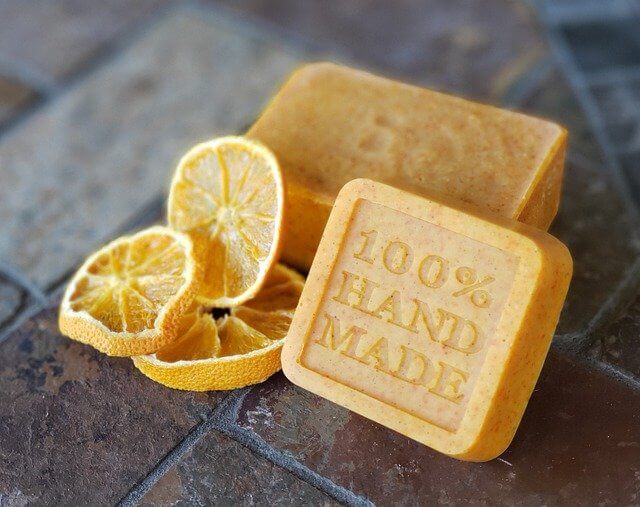One of the questions we get asked the most is "which are the best oils for soapmaking?" The easiest answer is the ones that are readily available to you. Some oils are easier to source in some parts of the world than others, so if you have a product on your doorstep be sure to include that in your recipe.
From there you need to build your product. The best soaps are a combination of oils to take advantage of the properties of each. Using a mix of hard and liquid oils will ensure a conditioning, fairly hard bar that will cleanse and moisturise if you have chosen them correctly. Many beginners start with a vegetable oil soap recipe that is 1/3 each of coconut, palm and olive oils. Adding coconut oil to any recipe is a great way to get good bubbles and lather in your bar, palm oil is a good hardening ingredient, and olive oil is a wonderful ingredient that can be used by itself to make a great soap. Including it in your blend will ensure a well rounded bar that will have the missing qualities of the other ingredients covered off.
While they are the main go-to oils, they are by no means the only options available. If you are not opposed to animal fats, tallow and lard are both excellent options that help with the "hard" aspect of the soap. Cocoa butter is another veg based ingredient that will aid with hardness.
Luxury oils can be added to your recipe to increase skin feel and moisturising capabilities. Our blog found here goes into more detail on the amounts likely to be most beneficial when designing your bar.
Whatever oils you decide to use for your custom bar, if you are not following a recipe by a reputable soap maker with all ingredients measured by weight, ensure your creation is put through a lye calculator (there are plenty of free ones online) to ensure you have the right amount of lye and water for the task.

